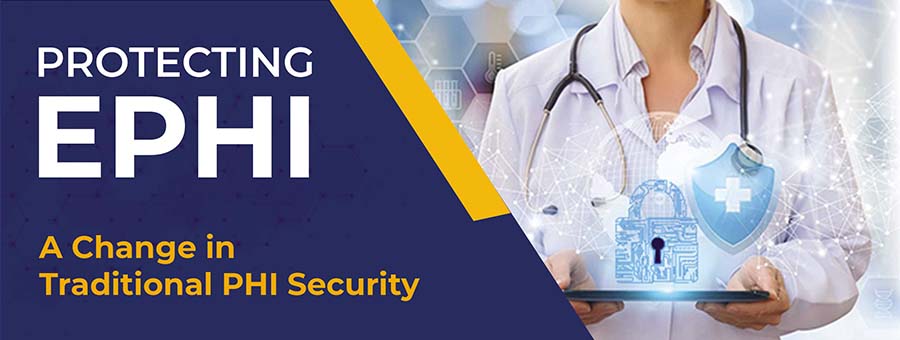Email: info@prgmd.com | Call: +1 (630) 242-6474
Business hours: 9:00 to 5:00 | Monday to Friday
Email: info@prgmd.com | Call: +1 (630) 242-6474
Business hours: 9:00 to 5:00 | Monday to Friday

Table of Contents
ToggleHIPAA regulations demand organizations who qualify as covered entities to launch security measures that mitigate risk factors to a reasonable level. Stolen documents/goods and malfunctioning computers are common problems these days, therefore protecting ePHI is important. If your organization deals with Protected Health Information, HIPAA stresses considering careful measures that’ll mitigate security hazards.
How can one be sure that their patient data in the form of electronic health information is satisfactorily secured? There will always be a risk but, you can avoid it with these steps.
How can one be certain that their patient data in the form of electronic health information is satisfactorily secured? There will always be a risk involved but steps can be taken to minimize it and make things work better.
It prompted the creation of Electronic Protected Health Information (ePHI). As an extension of HIPAA regulations, ePHI covers all the demographic means necessary to identify a patient. The HIPAA Security Rule sets specific standards for the confidentiality, integrity, and availability of ePHI. Electronically protected health information- ePHI is any protected health information (PHI) created, stored, transmitted, or received in any electronic format or media in HIPAA regulation.
Gone are the days where providers would carry around pagers to get reached. Cell phones have replaced pagers now. Although there is no official legislation dictating mobile phone usage, many organizations have taken the liberty of forming their in-house policy to protect against a data breach.
Healthcare organizations can start with risk assessment and evaluation to protect their ePHI. As technology continues to evolve, measures to identify the occurrence or likelihood of threats, threats identification, and potential impact of threat will continue to help organizations secure their ePHI.
These simple rules are the steps towards ensuring that your practice is appropriately protecting any ePHI. Keep in mind that HIPAA is not a barrier to good healthcare.
The HIPAA regulation uses strict guidelines to protect patient information. It is vital for every healthcare organization to periodically review its policies and procedures to prevent any accidental invasion of patient privacy. ePHI is an actively evolving aspect of HIPAA and should be taken under serious consideration when implementing any new or updated infrastructure in the workspace. Physicians Revenue Group Inc. has a team of experts to guide you on securing patient information.
Share: